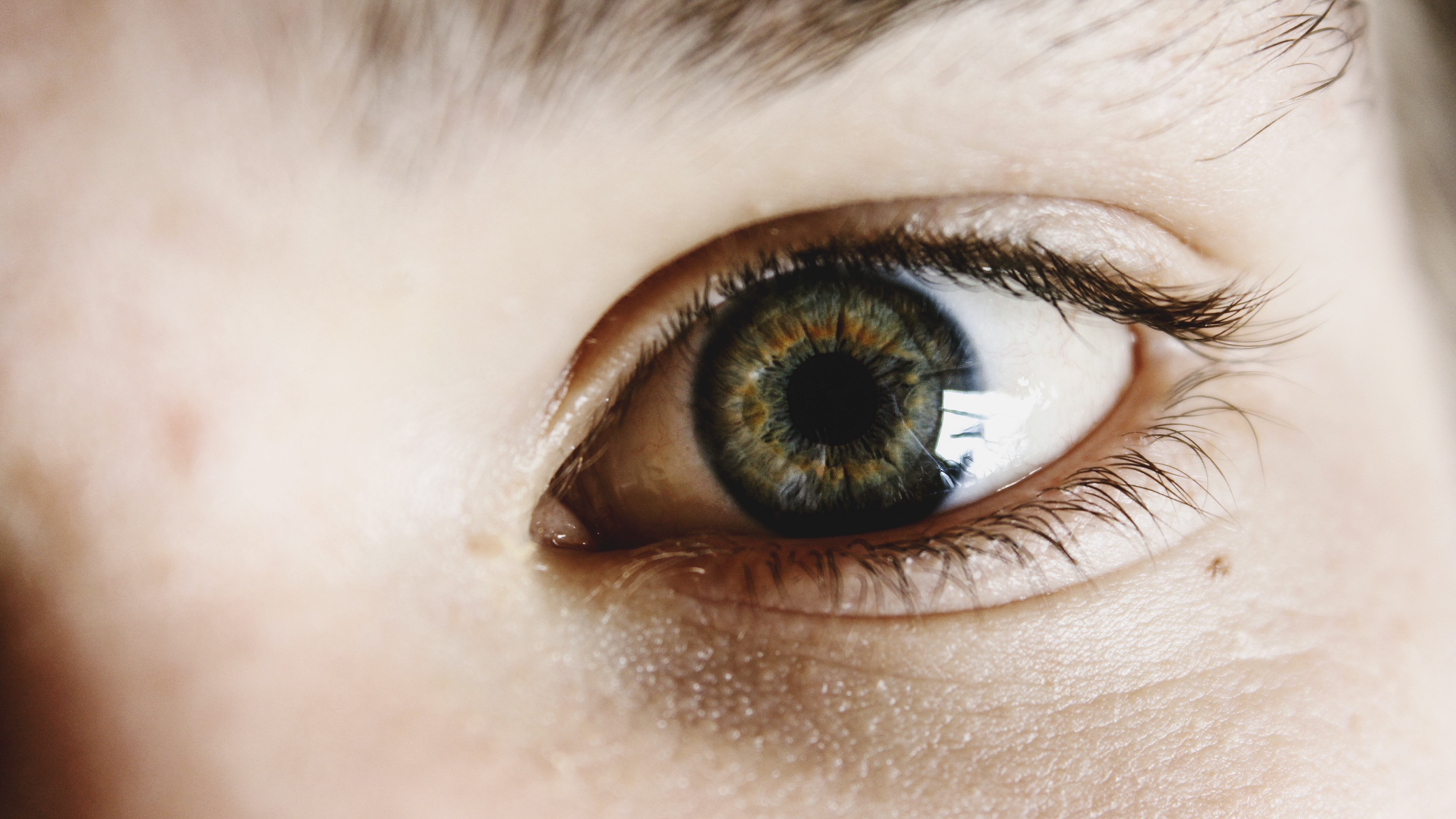What Tanning Does to Your Brain

By:
The risks of tanning far outweigh the benefits, yet people continue to bake in the sun and visit tanning salons to darken their skin. Why?
.jpg?auto=format&crop=faces&fit=crop&q=60&w=736&ixlib=js-1.1.0) Wikimedia - wikimedia.org
Wikimedia - wikimedia.org
Part of the answer could be that exposure to ultraviolet (UV) radiation is actually addictive. Researchers have found that when people tan, the brain produces endorphins—chemical messengers associated with pleasure that reinforce certain behaviors.
The same reward system that keeps people stuck in cycles of drug addiction is also stimulated by UV exposure, a 2014 study published in the journal Cell determined. In an experiment, mice were exposed to "the equivalent of half an hour of midday Florida sun every day for six weeks," the BBC reported.
"Giving the mice drugs to block opioids, which are used in rehab clinics, led to withdrawal symptoms including shaking and tremors. The mice then started to avoid the place where the drugs were being administered, which the researchers said was a hallmark of addictive behaviour."
 Pexels - pexels.com
Pexels - pexels.com
This isn't the first time researchers have warned of the potential addictive properties of UV radiation. A 2010 study, focusing on human participants who use indoor tanning beds, found that one out of three people in the study exhibited symptoms that met the diagnostic criteria for addiction.
About one in four sunbathers involved in a 2005 study were also found to be addicted.
 Wikimedia - wikimedia.org
Wikimedia - wikimedia.org
While the science behind UV-related addiction appears solid, some researchers have taken issue with reports that claim tanning is as addictive as drugs like heroin. Exposure to UV light triggers the release of the same chemical messengers as narcotics, but if drug and UV addiction were really equivalent, humans and mice involved in these studies would also presumably behave like addicts.
For the most part, that doesn't seem to be the case.
"You would have people giving up their family lives to get access to sunshine. You would have people who lose their jobs because they spend their day on the beach. People would maintain UV-seeking behavior to the detriment of their everyday life," Dr. David Belin, an addiction expert at the University of Cambridge, told the BBC.
One addictive behavior that frequent sunbathers do show is a compulsory desire to tan in spite of the health risks.
In the U.S. alone, 3.3 million people a year are treated for skin cancer (other than melanoma), according to the Skin Cancer Foundation, with 90 percent of non-melanoma skin cancer cases caused by exposure to UV radiation.
The good news for people who enjoy the sun—in moderation—is that wearing sunscreen can block up to 98 percent of the ultraviolet radiation associated with skin cancer. Getting some sun each day can be positive for your health, too. For fair skinned people, 10 minutes in the midday sun can boost your natural vitamin D levels, for example. Just don't get hooked.
